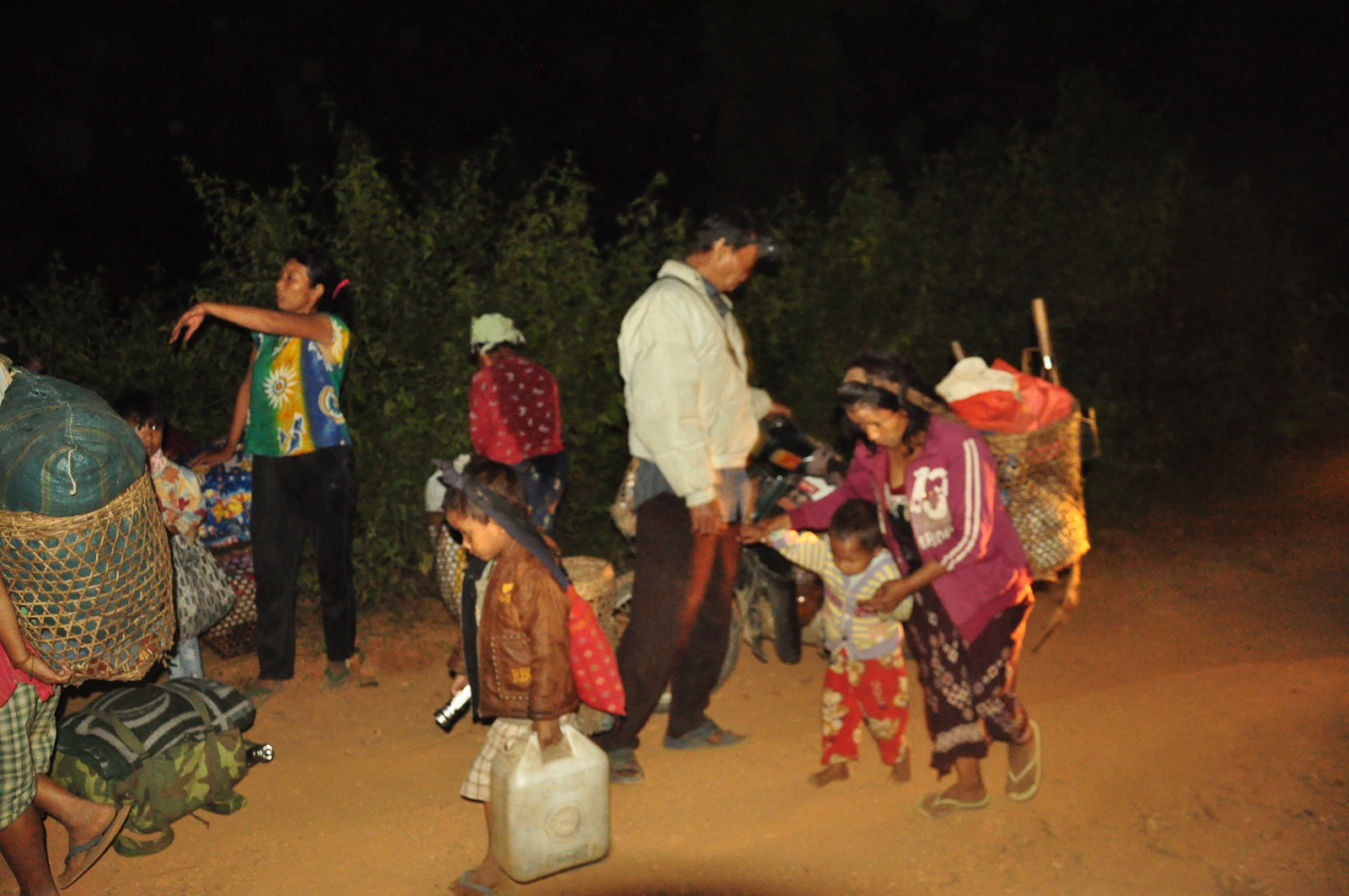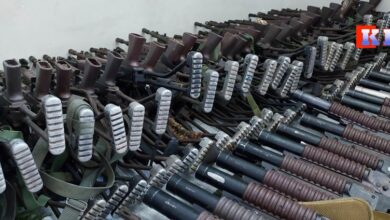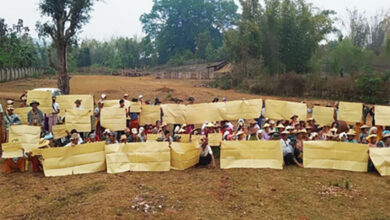Human Rights Watch: Burma’s reforms falling short

Burma’s recent reforms have failed to improve the country’s human rights situation, say rights groups.
Over the past year, Burma’s civilian government has released nearly 400 political prisoners, relaxed media censorship, and permitted opposition leader Aung San Suu Kyi and her National League for Democracy party to assume 43 parliamentary seats it won in a 2012 by-election.
Human rights groups say these small reforms are overshadowed by Burma Army abuses in a rapidly escalating conflict in the country’s northernmost Kachin State, sectarian violence targeting ethnic Rohingya Muslims in Arakan State and the obstruction of aid to thousands of refugees displaced by both of these crises.
Human Rights Watch condemned Burma’s human rights situation in its World Report 2013.
“Burma’s reforms over the past year are hindered, not helped, by international oversell and hasty praise in the face of continued serious human rights abuses,” said Phil Robertson, deputy Asia director at Human Rights Watch.
“Burma is still failing basic rights tests on its remaining political prisoners, blocked humanitarian aid, and ensuring accountability for war crimes,” he added.
In June, deadly sectarian violence erupted in Arakan State between ethnic Arakanese Buddhists and ethnic Rohingya Muslims, a long-persecuted minority of approximately 800,000 to one million people. HRW criticized Burma’s government of failing to protect ethnic Rohingya Muslims during the violence.
“State security forces initially failed to protect either community, resulting in some 135,000 displaced, and then increasingly targeted Rohingya in killings, beatings, and mass arrests, while obstructing humanitarian access to Rohingya areas,” HRW stated.
Burma has also earned international criticism for escalating a full-blown war in the country’s Kachin State against the Kachin Independence Organization and it’s military arm the Kachin Independence Army (KIA).
Yet in spite of international outrage, powerful foreign governments – including the UK and the U.S. – have continued to ease sanctions and opened the country’s economy to more overseas investment.
“The US, UK, and other influential governments should hold Burma to the human rights commitments it made during last year’s well-publicized international visits,” HRW’s Mr Robertson said. “Foreign governments should recognize that Burma’s history shows that a tough response to rights abuses doesn’t derail reform, but promotes it.”
Since December the government has employed helicopter gunships, jets and heavy artillery bombardment, in Kachin State, leading to civilian deaths.
HRW estimate around 90,000 civilians remain displaced, and say that the government continues to deny humanitarian aid to the displaced Kachin civilians in KIA territory.
Burma’s legal code across a range of issues including political freedoms also leaves much to be desired. Laws that have been used to imprison peaceful activists, lawyers, and journalists remain on the books, including, among others, the Unlawful Associations Act, the Electronics Act, the State Protection Act, and the Emergency Provisions Act.




